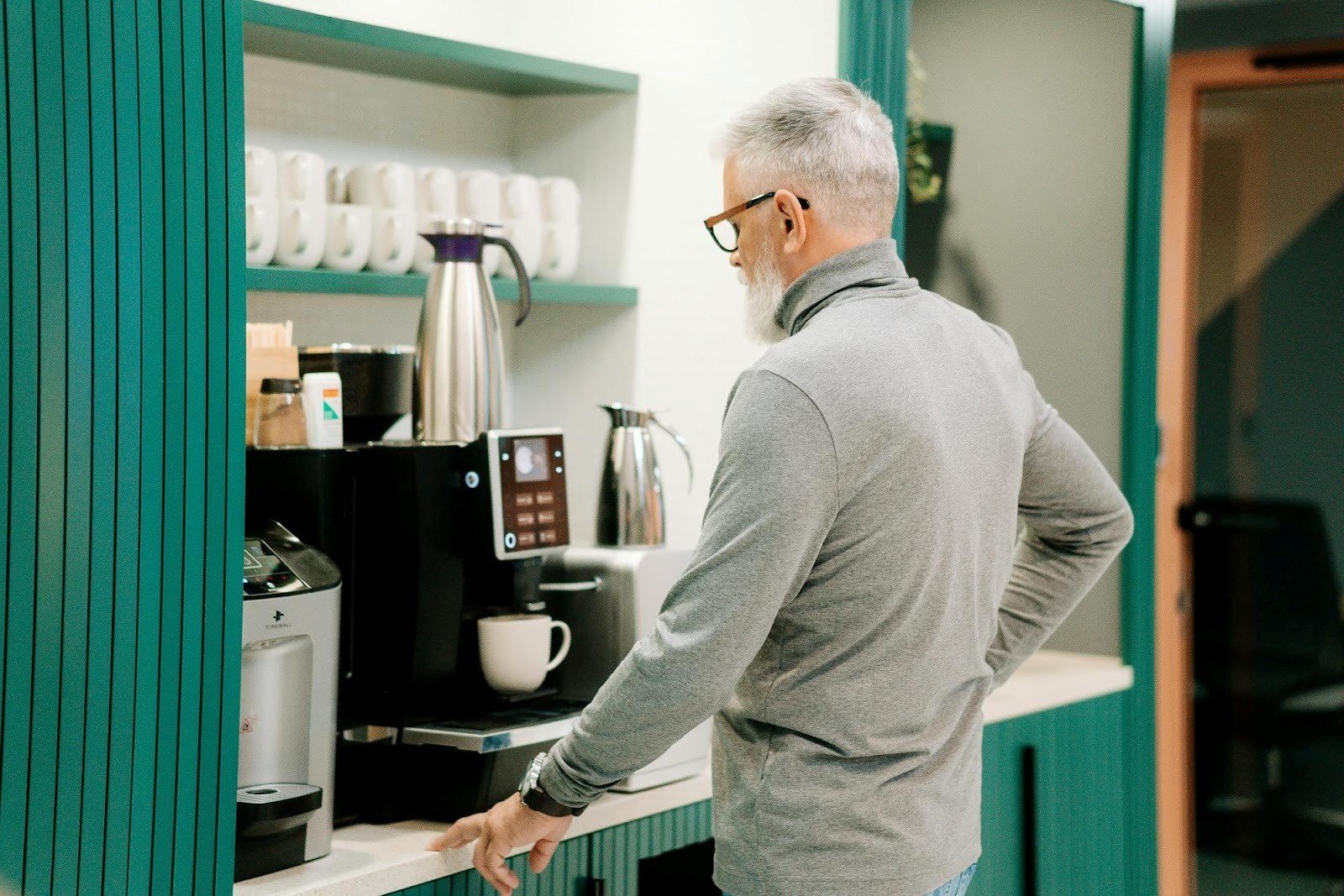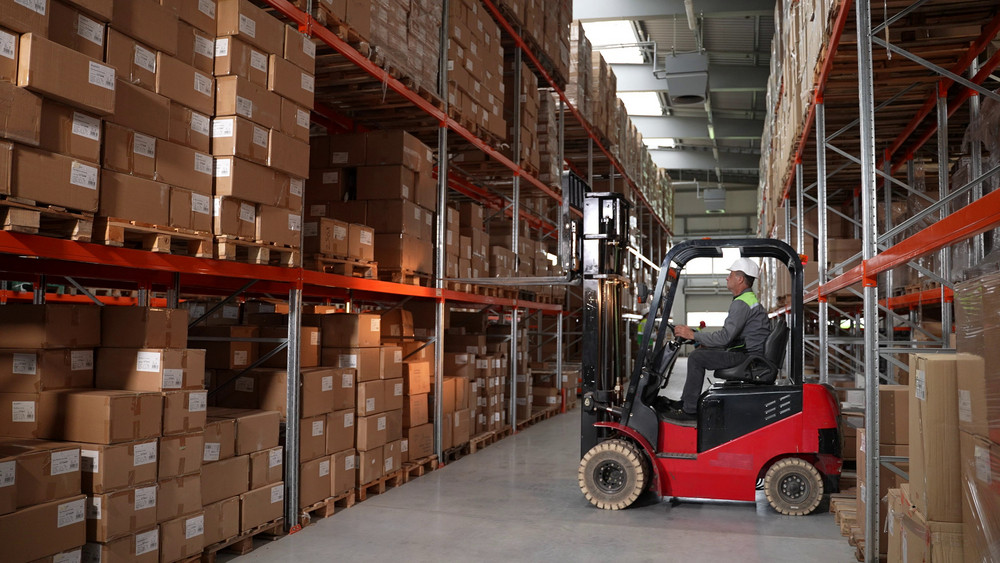Everything You Need to Know About Above Ground Pool Pumps
A pool pump is a key part of your above-ground pool’s plumbing and filtration system. It helps circulate the water, pulling it through the skimmer and filter to remove dirt, debris, and harmful bacteria. Without a working pool pump, the water can quickly become cloudy, dirty, and unsafe to swim in. Whether you’re installing your first pump or replacing an old one, it’s important to understand how it works. Aboveground pool pumps come in different sizes and speeds, so choosing the right one depends on your pool’s size and how often you use it. A well-matched pump keeps the water clean, reduces chemical use, and improves energy efficiency.
What Does an Above-Ground Pool Pump Do
The pool pump is the heart of your above-ground swimming pool. Its main job is to keep water moving through the pool’s filtration system. It pulls water from the pool, sends it through the filter to remove dirt and bacteria, and then returns clean water to the pool. Without a pump, water would stay still and become dirty, creating the perfect place for harmful bacteria and parasites to grow.
Key Parts of a Pool Pump:
Every pool pump has a few important parts:
- The motor powers the whole pump. It gets everything running.
- The impeller is a fast-spinning fan that moves water through the system.
- The strainer basket catches leaves, bugs, and other debris before they can clog the impeller.
Together, these parts work to keep your water clear, safe, and pleasant to swim in. Choosing the right pump ensures better performance and easier pool maintenance.
How Above-Ground Pool Pumps Work: Step-By-Step
- Water Enters the Skimmer: The process begins when water from the pool flows into the skimmer. This opening is usually located along the pool wall and helps catch larger debris like leaves and bugs.
- Water Reaches the Pump’s Strainer Basket: From the skimmer, the water is pulled into the pump. Here, it first passes through the strainer basket, which catches larger debris and prevents it from reaching the pump’s moving parts.
- Motor Powers Impeller: The motor turns on and drives the impeller, a fan-like device with spinning blades. This action creates suction that pulls water through the pump and pushes it towards the filter.
- Water Passes Through the Filter: Once the impeller pushes the water out, it flows through the pool filter, which removes dirt, oils, and bacteria from the water.
- Clean Water Returns to the Pool: Finally, the clean water is pumped back into the pool through return jets, ready for you to enjoy!
Choosing the Right Size Aboveground Pool Pump:
Picking the right pool pump for your above-ground pool is very important. The pump helps move water through your pool’s filter, keeping it clean and safe to swim in. But to do its job well, the pump needs to be the right size—not too big and not too small.
- Size Matters: Think of your pool pump like a good-fitting swim cap. If it fits just right, everything works better. A pump that’s too powerful for your pool can use more electricity than needed, causing your energy bills to go up. On the other hand, a pump that’s too small may not move the water fast enough, leaving your pool dirty and unsafe. To choose the correct size, figure out your pool’s turnover rate; this is how long it takes for all the water in the pool to pass through the filter once.
- Pump Power (HP): Pool pumps are measured by horsepower (HP). For most above-ground pools, a 1 to 1.5 HP pump is enough. Many pool owners think a bigger pump will clean the pool better, but that’s not always true. Bigger pumps use more energy and can wear out parts of your pool system faster. Stick to what your pool size needs—you’ll save money and reduce wear and tear.
- Pump Efficiency: A pump that runs efficiently uses less electricity and saves you money over time. Look for pumps that have efficiency, as they are designed to use less power without losing performance.
- Filter Compatibility: Your pump and filter need to work well together, like a team. They should match in flow rate (how fast the water moves) and connection size. If they don’t match, your system won’t work properly, and you may need repairs more often.
- Noise Level: When you’re enjoying your pool, the last thing you want is a noisy pump drowning out the fun. A loud motor can quickly ruin a peaceful pool day. That’s why it’s a good idea to select a pool pump equipped with noise-reducing features.
- Installation and Maintenance: Keeping your pool in good shape takes effort, but your pump shouldn’t make the job harder. Choose a pump with simple installation steps and easy-to-reach parts for quick cleaning and repairs.
For best results, work with a professional pool builder in Ballarat. Pool builders know how to install pumps the right way and make sure everything is connected properly. They can also help with regular maintenance and check the system for signs of wear. With a skilled pool expert by your side, your pump will work better, last longer, and give you fewer problems throughout the season.
Conclusion
Buying an above-ground pool isn’t a quick decision, but once you find the right one that fits your space and budget, it becomes the heart of your backyard fun. From weekend pool parties to quiet evening swims, your pool will create lasting memories. But to enjoy all of that, choosing the right pool pump is just as important as the pool itself. A well-sized, energy-efficient, and easy-to-maintain pump keeps your water clean, safe, and ready for use. Don’t forget to rely on professional pool builders for proper installation and upkeep—they help make pool care simple and stress-free.










